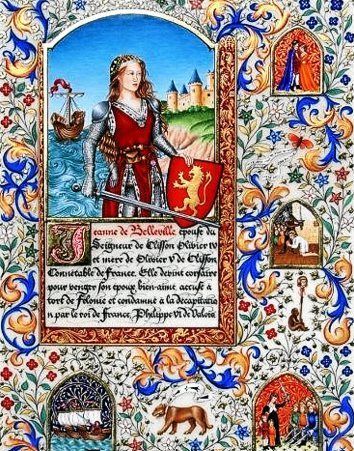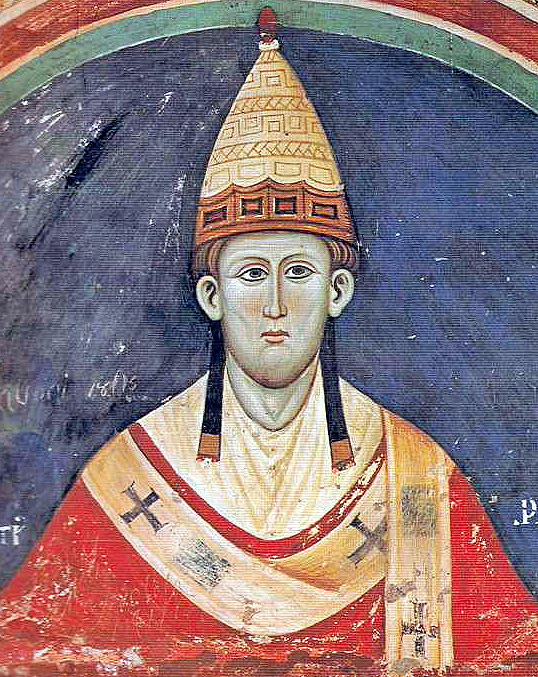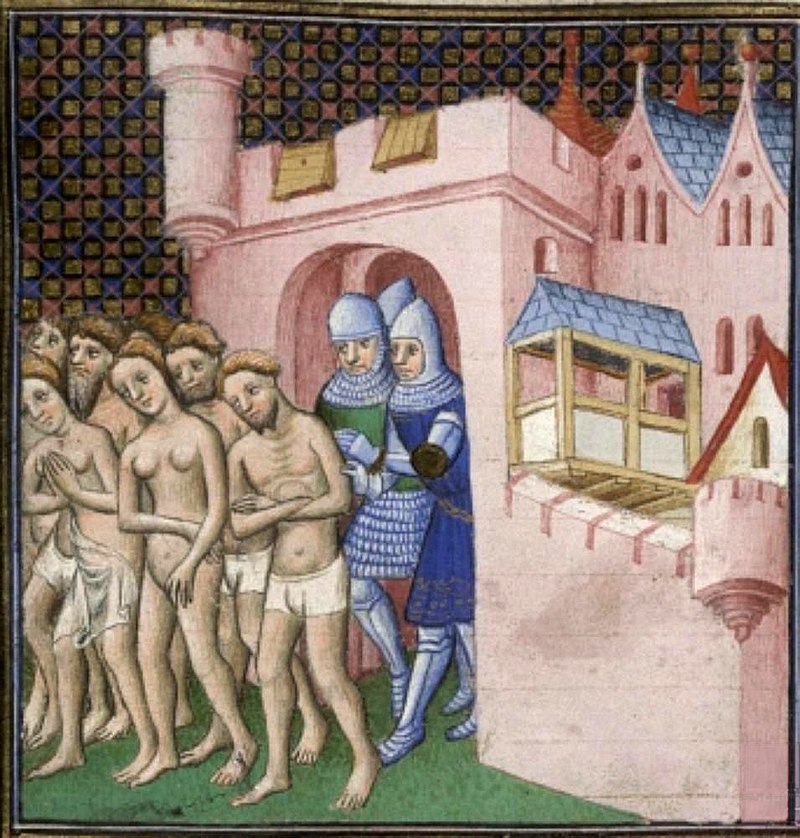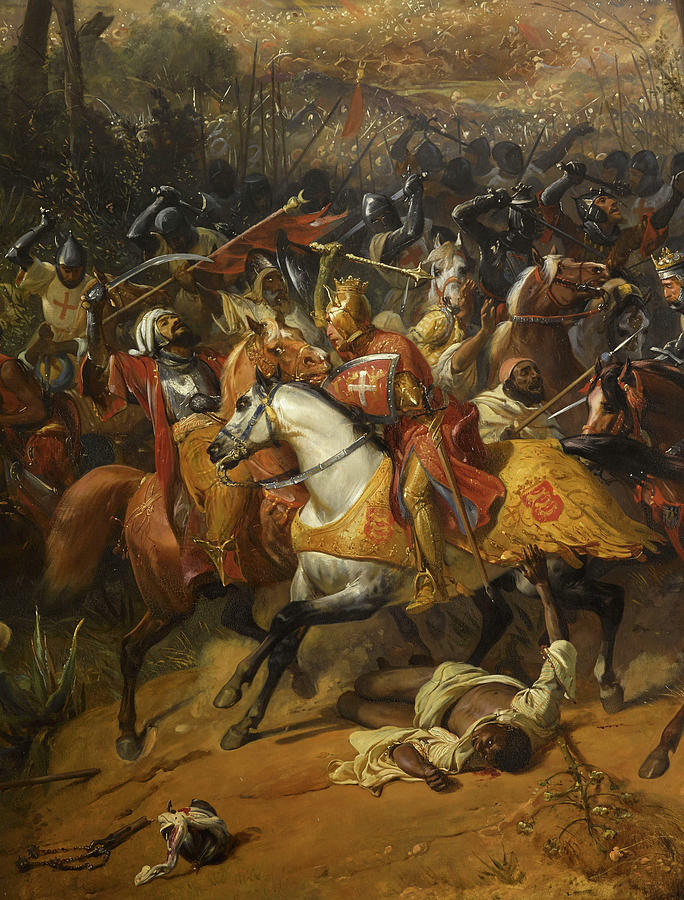
Do you know the story of Jeanne de Clisson, the Lioness of Britanny? When her husband Olivier de Clisson IV, a wealthy Breton nobleman, was executed by French king for treason in 1343, she sold all his estates, raised an army, and started attacking French forces in Brittany! 



Her husband Olivier de Clisson IV had fought on the French side during the War of the Breton Succession which started in 1341. However during 1342 Siege of Vannes, the French king suspected Olivier of treason. He lured him to Paris on pretense of tournament and had him executed! 



Jeanne the Clisson swore vengeance and raised an army after selling her estates. With the support of the English king she even built her own fleet which was painted black with red sails and attacked French ships in the English channel. Her flagship was named My Revenge! 



Jeanne de Clisson went on a brutal campaign against French with her mercenaries. Her warships with experience sailors captured many French ships and she killed almost entire enemy crew, leaving only few survivors to report back to the French of her brutal attacks! 



Jeanne did not spare the noblemen either, but the opposite. Instead of demanding ransom for them, she had all the captured nobles who were loyal to the French king beheaded! Her campaign lasted for 13 years until she "retired", married again and settled in Hennebont in Brittany. 



• • •
Missing some Tweet in this thread? You can try to
force a refresh
































